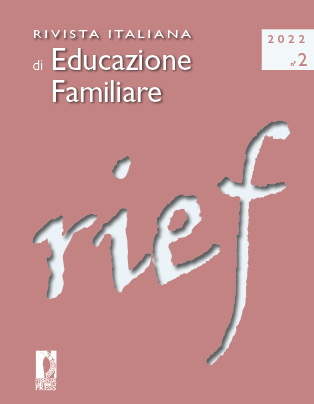Published 2022-12-21
Keywords
- jihad,
- identity,
- radicalization,
- ethnoscapes,
- interculture
How to Cite
Abstract
Modernity is characterized by “human -scapes” that are fluid, interconnected and, therefore, cultural heritages that are more and more deterritorialized. Cultural flows redefine women’s role also in Islamic communities: this specific phenomenon helps analysing the diverse ways women’s identities are shaped and social roles are imagined faced to the risk of radicalization. Women’s social agency is widely recognised: they also play a fundamental role in the transmission of values. It is not just in Muslim countries but also in Western contexts that isolation and the lack of social recognition led to a growing vulnerability to the lure of jihadi propaganda and Islamic radicalisation. This article analyses some peculiar characteristics of islamophobia and jihadi propaganda reserved to women focusing on semantically complex words such as that of identity so to have the required humus for pedagogical and intercultural bottom up and “shallow threshold” strategies to cope with these phenomena.


